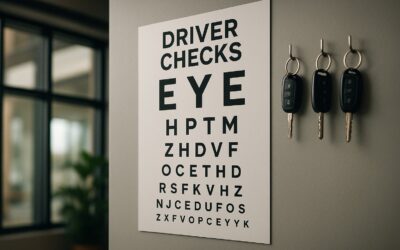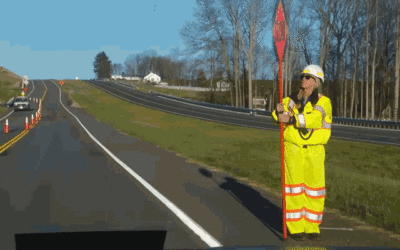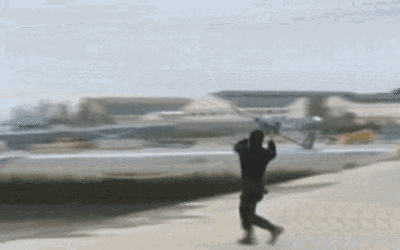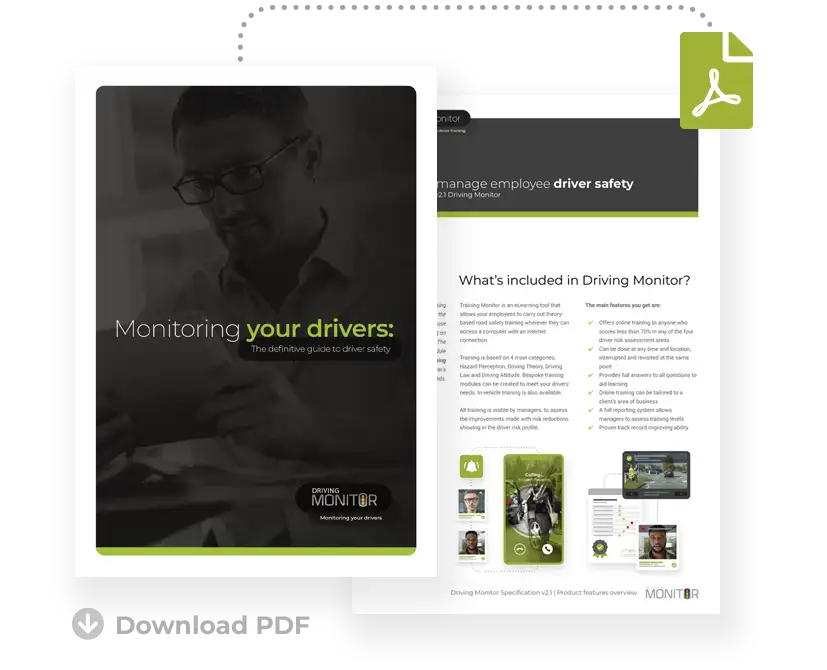DVLA announce Paper Counterpart abolition date for summer 2015
From 8 June 2015, as part of the Government’s Red Tape Challenge initiative to remove unnecessary burden on drivers, DVLA will no longer issue the paper counterpart to the photocard driving licence. From 8 June 2015, existing paper counterparts will no longer have any legal status.
So what do the changes mean for drivers?
- Drivers do not need to do anything; they just keep their current photocard driving licence.
- DVLA are not abolishing paper driving licences issued before DVLA introduced the photocard in 1998, and any driver who holds this type of licence should keep it and not destroy it.
- From 8 June 2015 the licence (whether photocard or paper) will remain the official document that shows what vehicles a person can drive; but the driver record held by DVLA will be the only legal source of penalty point endorsements.
- From 8 June 2015 paper driving licences will no longer be annotated with endorsements.
- Drivers can check the most up to date information on their driving record online, by phone or post
- The next time a driver needs to update their name, address or renew their licence,DVLA will issue them with a photocard only.
- Entitlements, penalty points and the status of their driving licence won’t change.
So how will drivers check their driver record when the counterpart goes?
In 2014 DVLA launched its View Driving Licence which allows GB driving licence holders to view their driving record online. They can do this at any time, it’s free and easy to use and available 24/7. Through this service drivers can check what type of vehicles they can drive and any endorsements they may have.
What about employers checking an employee driving licence after 8 June?
The DVLA’s new Share Driving Licence service will provide an online alternative for those who currently have a business need to check the information currently displayed on the driving licence counterpart or paper licence. This free 24/7 service is currently in development and will be available before the counterpart is abolished in June 2015.
If this new service will be free is there any point in using a third party licence checking service which carries a fee?
Yes. Whilst the DVLA will provide an online service for a driver to give access to their employer (to replace the pink counterpart), this will not give fleet managers a system to manage their employees licences en masse. So for an employer with more than say 20 drivers this suddenly becomes an admin intensive task as the employer will still need to create a log of all checks done internally and also manage the repeat checks at the correct intervals. Using services such as Driving Monitor’s ‘Licence Monitor’ an employer would get a whole range of additional services that would not be part of the DVLA free service.
- Driving Monitor’s licence checking service brings major advantages over the standard DVLA licence viewing service:
- Tasks and alerts fired on licence changes
- Correct categories to drive can trigger alerts based on your preferences
- Disqualified drivers trigger email/SMS alerts as well as a phone call to you
- Changes in licence points update the driver’s live risk level
- Risk interventions can be triggered based on licence status to give training to specific high risk drivers
- An employer gets access to management web dashboards to see all of his employees with sortable reports and charts analysing risk
- An employer can see an overview of all employees ‘permit to drive’ within the system
Kevin Curtis, Managing Director of Driving Monitor commented, “Whilst the DVLA need to provide an alternative for the abolition of the counterpart – employers with small, medium and large fleets need a management system to link the licence data together with risk assessments, accident data, grey fleet data and much more. In today’s digital age it’s no longer an option to have 10 different systems to separately manage all these different aspects with disparate data sets – managers need integrated systems to automate the process and ensure their duty-of-care is covered without this being too great of a burden.”










